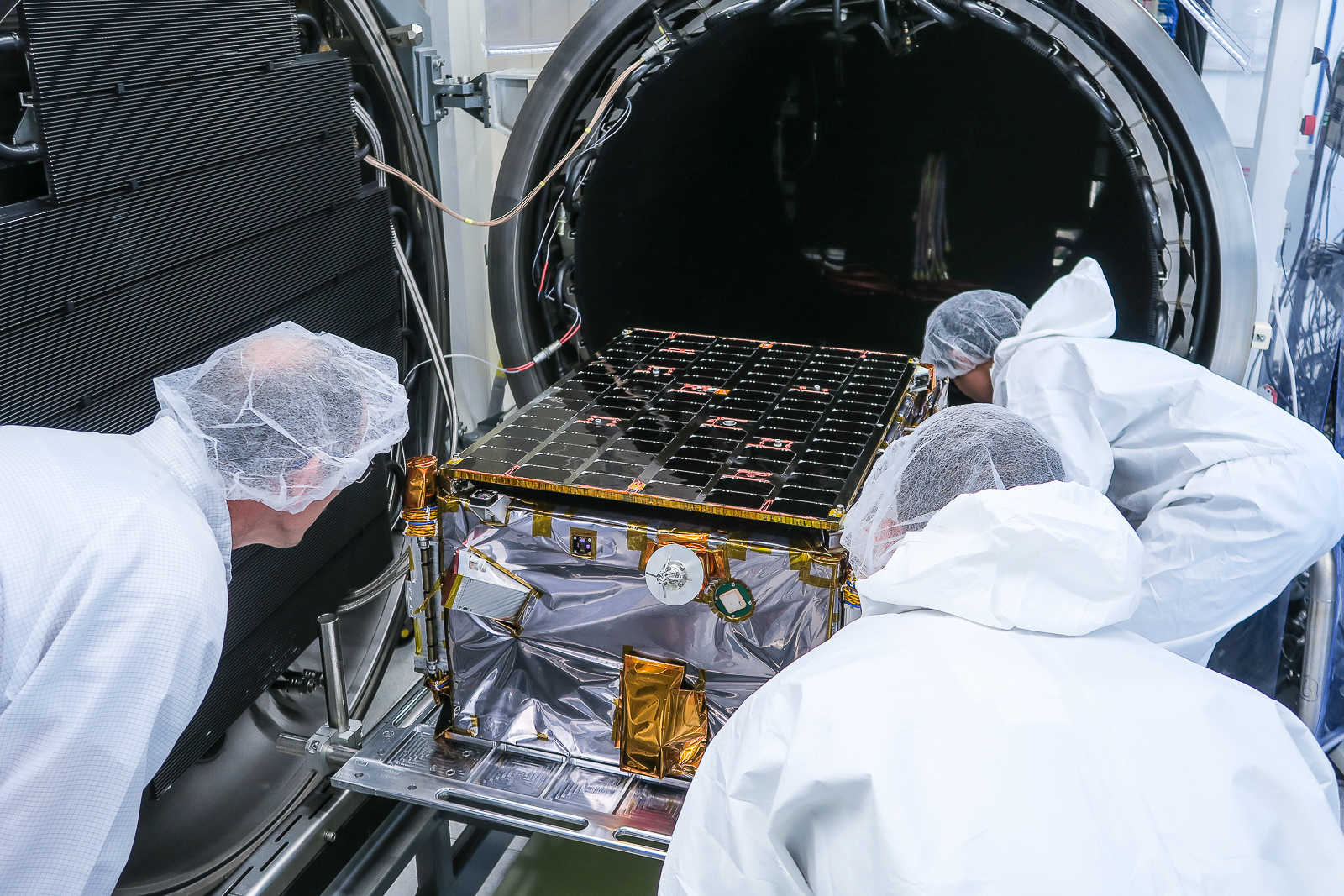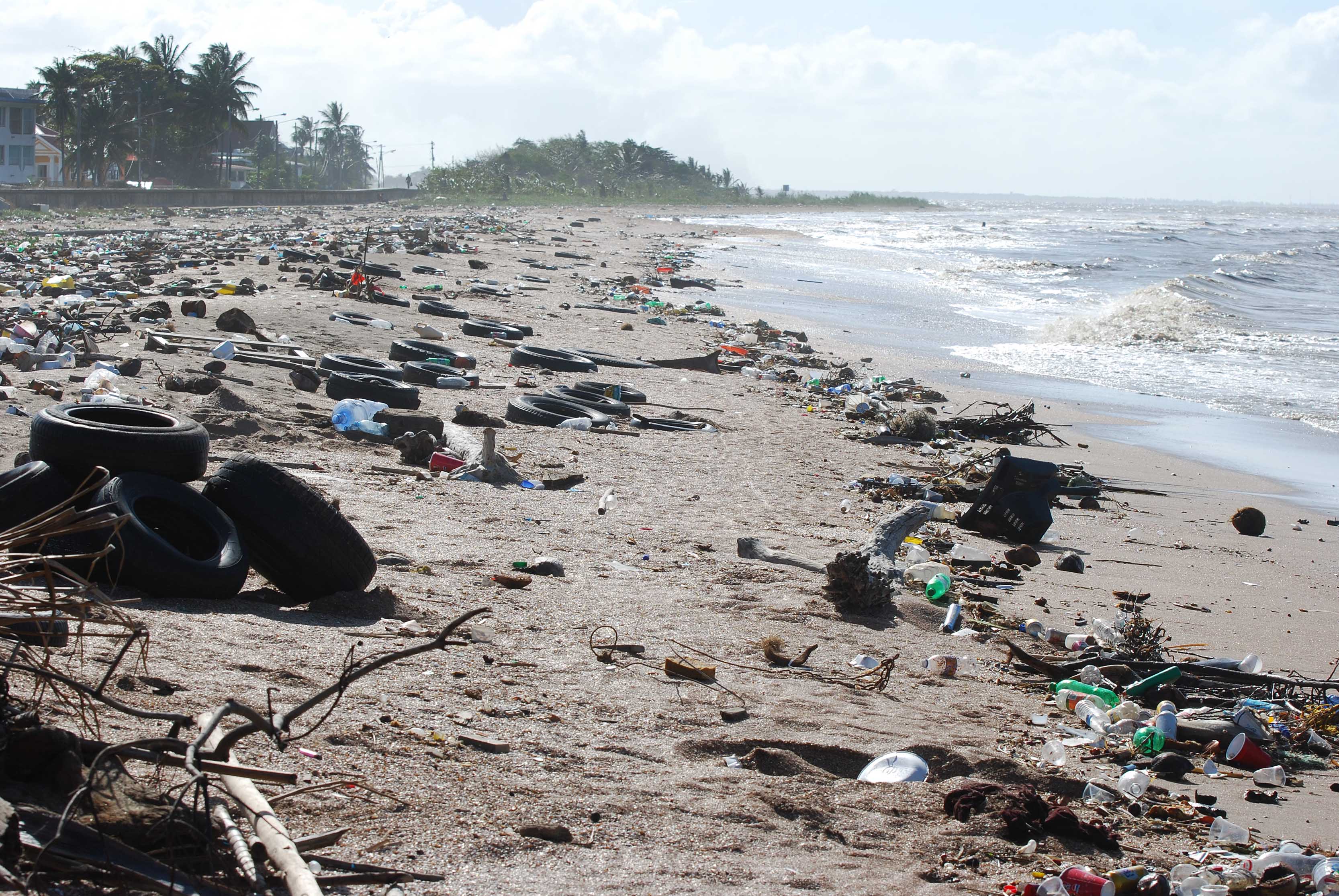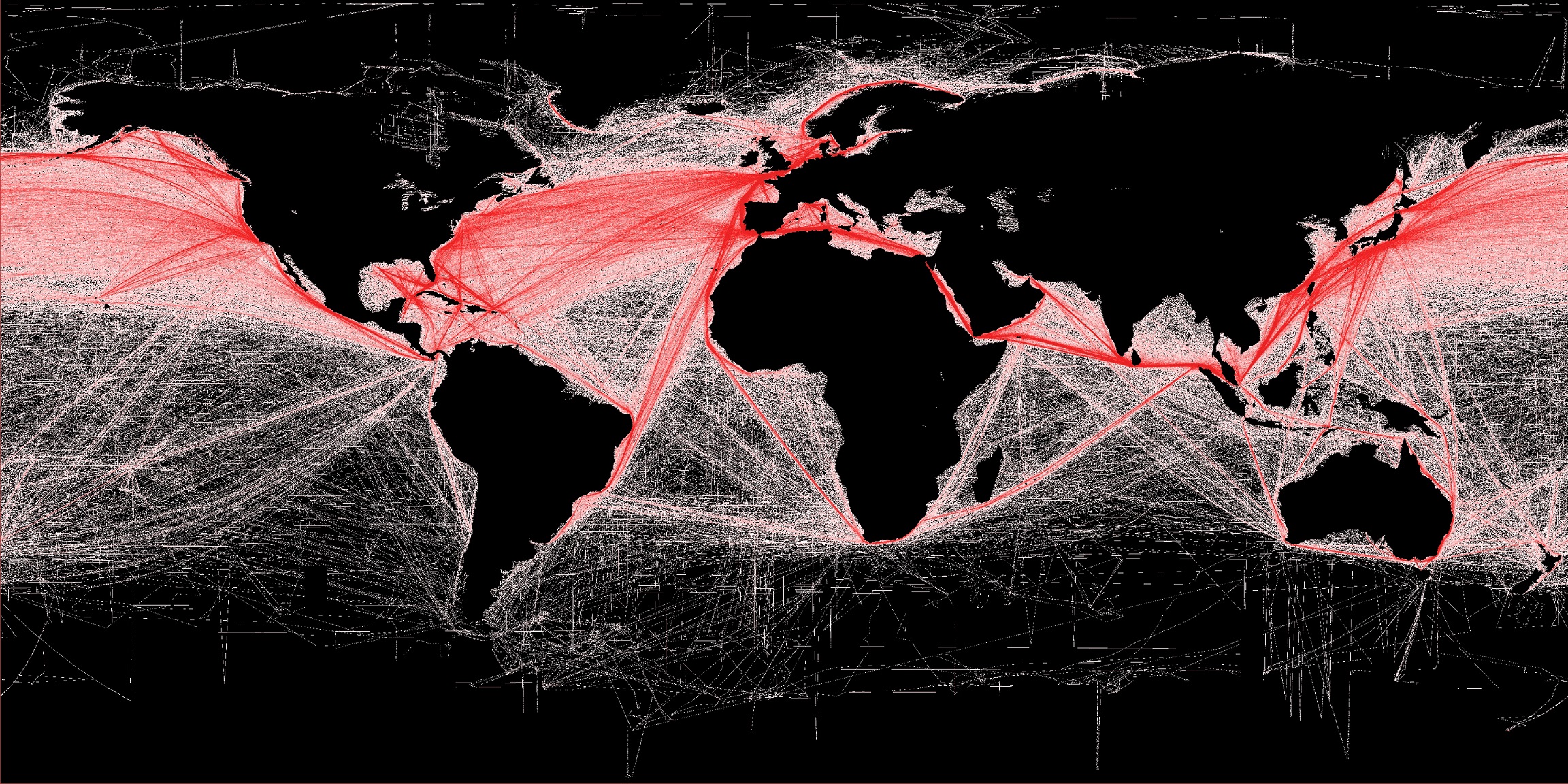Microsatellite swarms could paint clearer picture of our planet
by Gareth Willmer Tiny, low-cost satellites that can work together to boost their output and a technology that reduces the loss of satellite data are two of the latest innovations to hit the Earth observation market – and the results promise to reveal a more detailed image of our planet. Space is not just a … Read more






